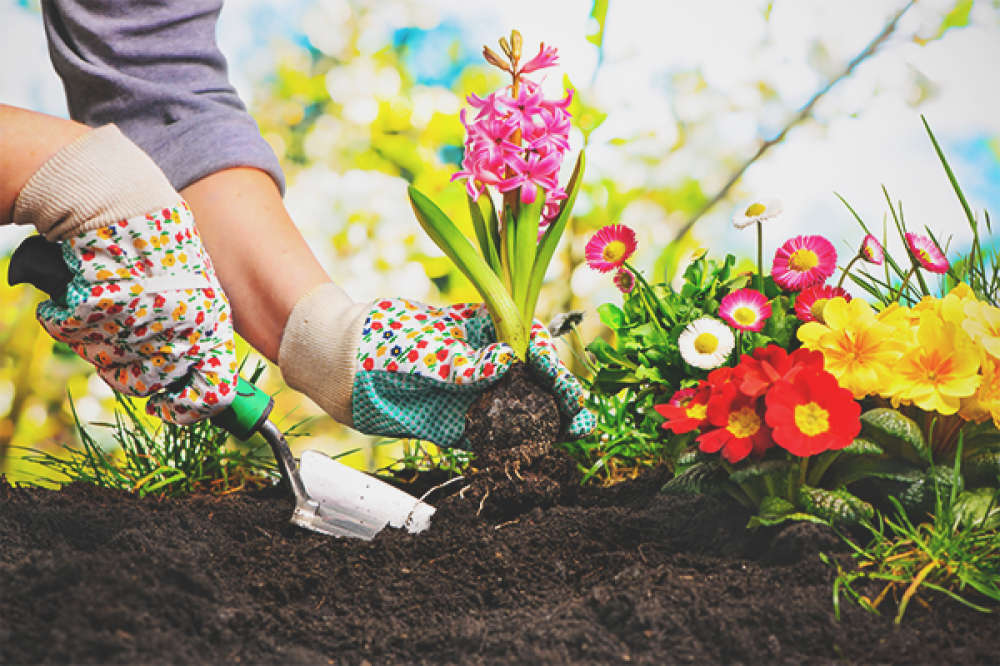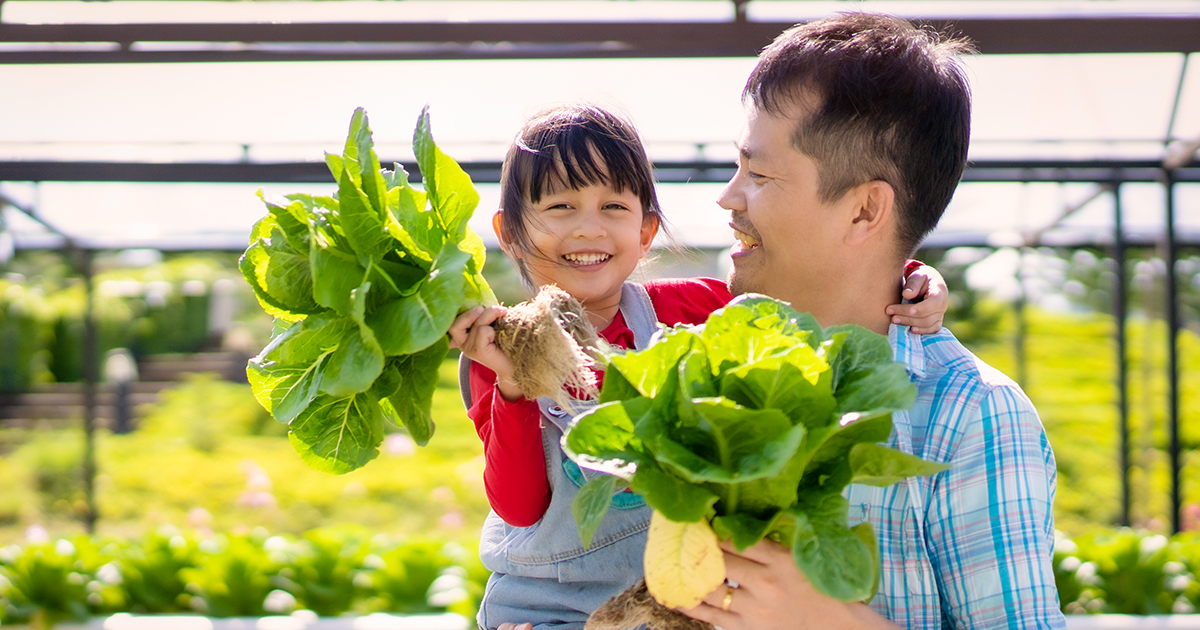Growing Green Thumbs: a Beginner's Trip Into the World of Gardening
Are you excited to obtain your hands unclean and start growing your own garden? You'll find out regarding choosing the right plants, understanding dirt and compost, and important horticulture devices. We'll additionally educate you sprinkling and fertilizing strategies and just how to deal with usual yard bugs. home gardening for beginners.
Picking the Right Plant Kingdoms
You need to examine your horticulture space and figure out the number of plants that will fit conveniently. Step the measurements of your yard beds or pots and calculate the readily available room. Consider the mature dimension of the plants you plan to expand.
As soon as you have a clear concept of your gardening room, it's time to pick the best plants. Consider what you take pleasure in eating or what blossoms you find most attractive. Take into consideration the environment and sunshine problems in your area. Specific plants prosper completely sun, while others like partial shade. Keep in mind of any microclimates in your garden, such as areas that receive much more or less sunshine than the rest. This will certainly aid you select plants that are matched to your particular conditions.
If you're brand-new to gardening, choose for plants that are easy to grow and require marginal maintenance. Select plants that have a shorter maturation period if you live in an area with a much shorter expanding period.
Comprehending Soil and Garden Compost
To make sure the success of your yard, it is essential that you recognize the importance of soil and compost. Dirt is the foundation of your garden, supplying nutrients, water retention, and assistance for your plants. It is essential to have a great understanding of your dirt kind, whether it is sandy, clayey, or loamy, as this will certainly establish the kinds of plants that will prosper in your yard. Garden compost, on the other hand, is a great way to boost the top quality of your soil. It is comprised of raw material, such as kitchen scraps, yard waste, and leaves, that decay over time. Adding garden compost to your soil will enhance it with vital nutrients and enhance its structure, enabling far better water drain and oygenation. You can either make your very own compost making use of a garden compost container or acquisition it from a yard. Remember, a healthy and fertile soil is the essential to a successful garden, so take the time to comprehend your soil and incorporate garden compost to ensure your plants thrive.

Essential Gardening Devices
Now that you understand the importance of soil and garden compost, allow's discover the essential horticulture devices you'll require to grow your environment-friendly sanctuary. One of the most basic tools you'll require is a garden trowel. This tiny portable tool is best for digging little openings, hair transplanting seedlings, and scooping soil. Another essential device is a yard fork. This durable tool is utilized for loosening up dirt, separating globs, and transforming compost. A great pair of gardening handwear covers is an essential to secure your hands from thorns, prickly plants, and dirt. Seek handwear covers that are durable, breathable, and give an excellent hold. A garden hose or watering can is essential for keeping your plants moistened. Pick a hose with a spray nozzle that allows you to readjust the water circulation and stress. A strong set of pruning shears or secateurs is important for cutting and shaping your plants. Try to find shears with a sharp blade and comfy deals with. Lastly, a yard rake serves for leveling soil, getting rid pop over here of debris, and spreading compost. With these important tools in your gardening toolbox, you'll be fully equipped to produce and maintain your environment-friendly sanctuary.
Watering and Feeding Methods

Dealing With Common Yard Pests
As a novice gardener, click over here you might encounter usual garden parasites that can ruin your plants. These bugs can range from insects like beetles, aphids, and caterpillars, to little pets like squirrels and bunnies. It is necessary to be able to determine and deal with these parasites effectively in order to secure your plants and make certain an effective garden.
Among the primary steps in managing garden insects is to on a regular basis examine your plants for any indicators of invasion. Try to find chewed fallen leaves, holes in the vegetation, or the visibility of small insects. If you detect any type of bugs, it's important to take activity promptly to avoid them from spreading and creating additional damages.
There are numerous techniques you can make use of to regulate yard bugs. One alternative is to make use of all-natural predators, such as ladybugs or praying mantises, to aid manage the population of pests. You can likewise use physical barriers, such as fencings or netting, to keep larger animals like rabbits out of your yard. In addition, there are organic pest control sprays readily available that can aid hinder and remove typical yard insects.
Remember, avoidance is key when it concerns dealing with garden insects. Maintaining your garden clean and free of particles can help in reducing the likelihood of a problem. Consistently getting rid of weeds and dead plants can likewise help get rid of concealing areas for pests.

Verdict
By picking the right plants, comprehending soil and garden compost, using vital horticulture tools, and mastering watering and feeding methods, you have set yourself up for success. Do not neglect read more to stay vigilant in dealing with common garden bugs to ensure your plants flourish.
Dirt is the structure of your garden, offering nutrients, water retention, and assistance for your plants. It is important to have an excellent understanding of your dirt type, whether it is sandy, clayey, or loamy, as this will certainly identify the types of plants that will flourish in your garden. Keep in mind, a healthy and abundant soil is the crucial to a successful garden, so take the time to recognize your dirt and include compost to ensure your plants prosper.
As a beginner garden enthusiast, you may run into typical yard bugs that can inflict havoc on your plants. It's essential to be able to determine and deal with these parasites effectively in order to secure your plants and ensure a successful garden.